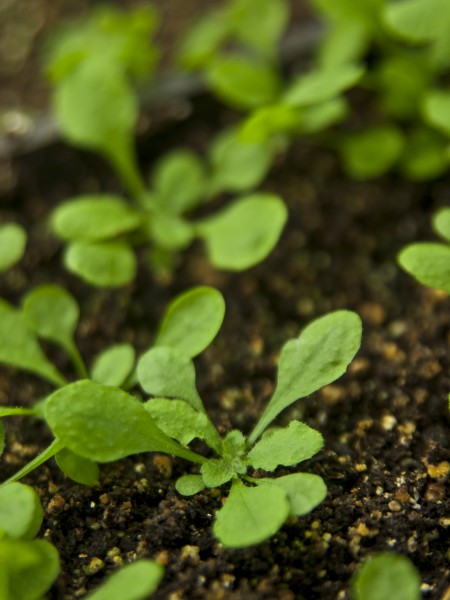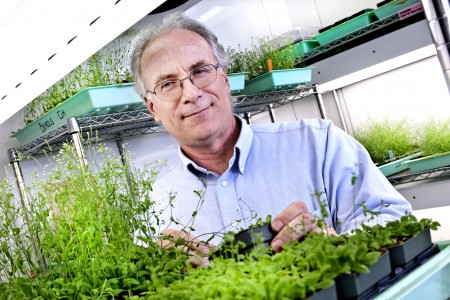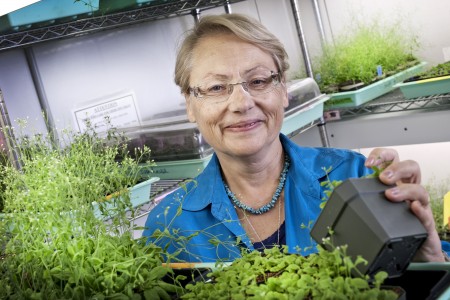Plants subjected to drought actually “remember” this stress from day to day, learning to adjust their responses to better cope with it.
This discovery by UNL plant scientists could someday aid development of more drought-tolerant crops.
Working with Arabidopsis, a member of the mustard family and model for plant research, plant molecular biologist Zoya Avramova, plant scientist Michael Fromm and postdoctoral fellow Yong Ding compared the reactions of previously water-stressed plants and unstressed plants. Previously stressed plants bounced back more quickly when they were dehydrated again the next day. Unstressed plants wilted and lost water from their leaves faster than previously stressed plants.
“The plants ‘remember’ dehydration stress. It will condition them to survive future drought stress and transplanting,” Fromm said.
The team found that previously water-stressed plants respond to the next day’s dehydration by increasing transcription of a certain subset of genes. During the evening when stress eases, transcription of these genes returns to normal levels, but the next day the plants remember their transcriptional response to stress and induce these genes to higher levels.
“The plants ‘remember’ dehydration stress. It will condition them to survive future drought stress and transplanting.”
“All of this is driven by events at the molecular level,” Avramova said. “We demonstrate that this transcriptional memory is associated with chromatin changes that seem to be involved in maintaining this memory.”
Arabidopsis “forgets” this previous stress after five days of watering, though that memory time may differ for other plants.
This is the first instance of transcriptional memory found in any life form above yeasts.
While promising, practical applications of these findings in agriculture are years away, Fromm said.
“We’re just starting to get a basic understanding,” Fromm said. “It’s possible plants overreact to a first drought stress.” Perhaps scientists can modify those instincts in plants to help maintain or improve productivity during drought, he added.
A $705,000 grant from the National Science Foundation helps fund this research, which was reported in Nature Communications.


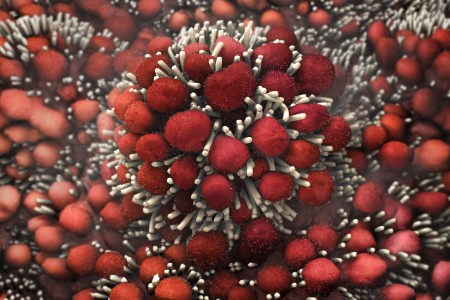

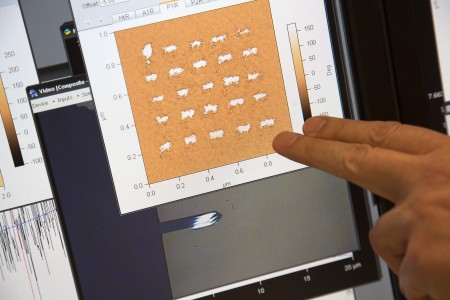


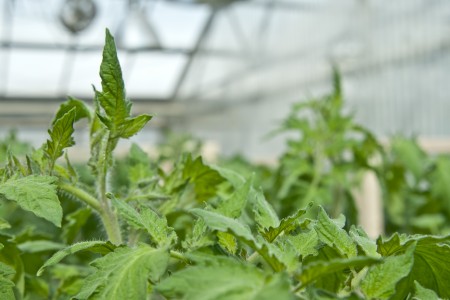


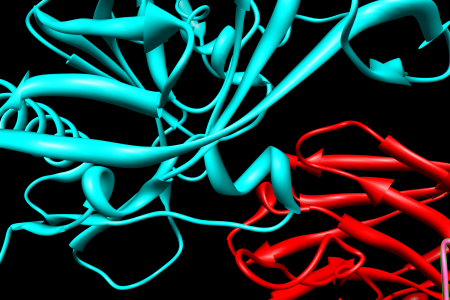








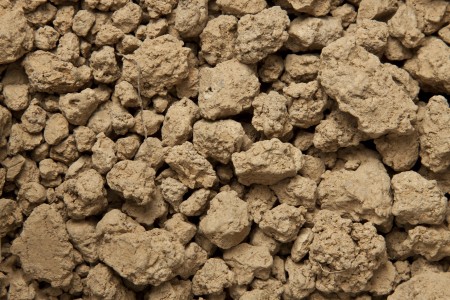
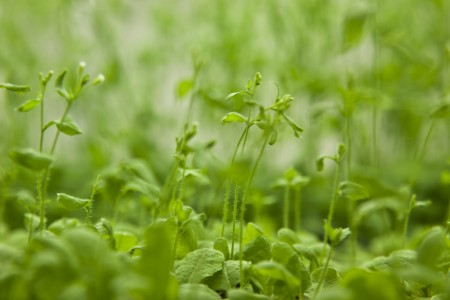


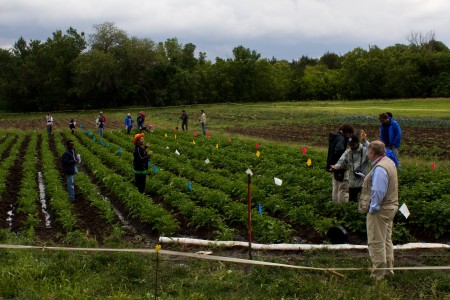





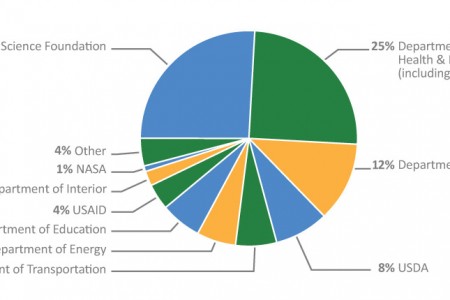

 2011-2012 Research Report
2011-2012 Research Report



